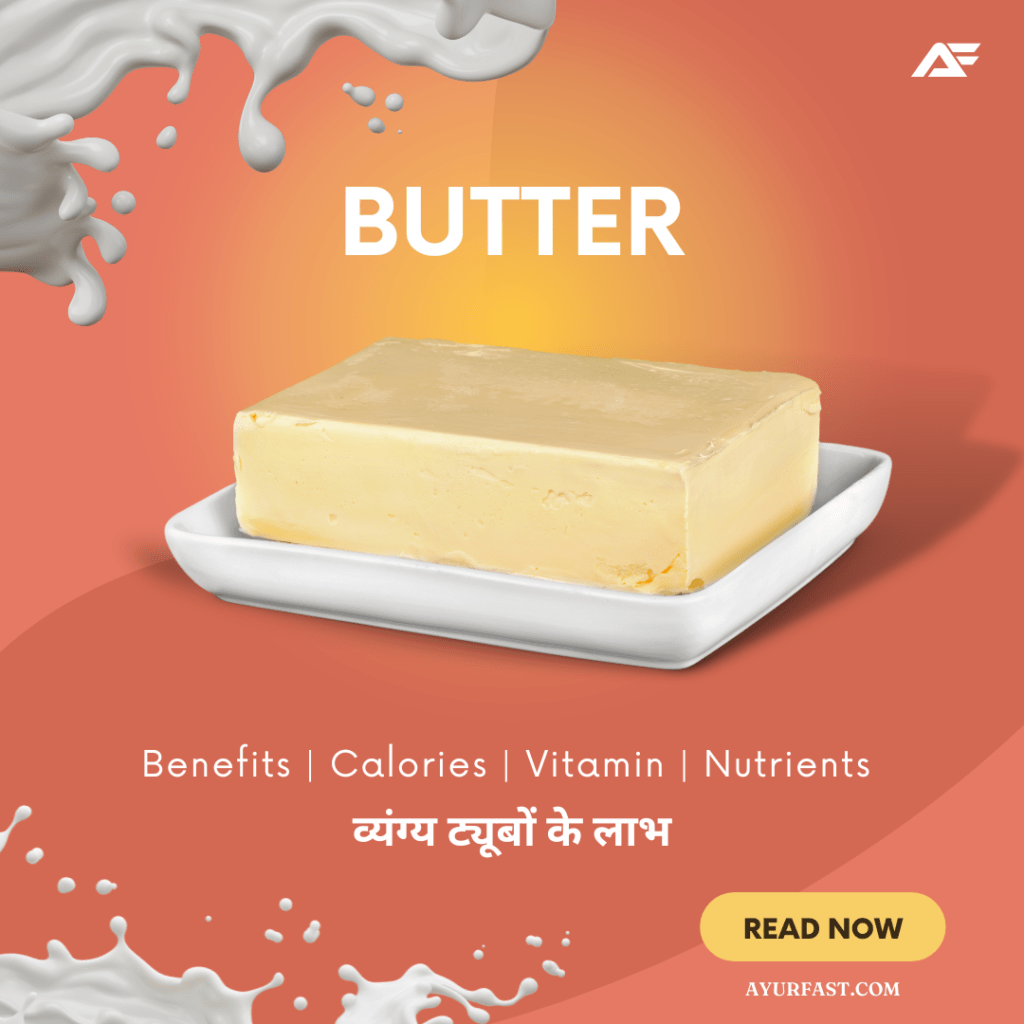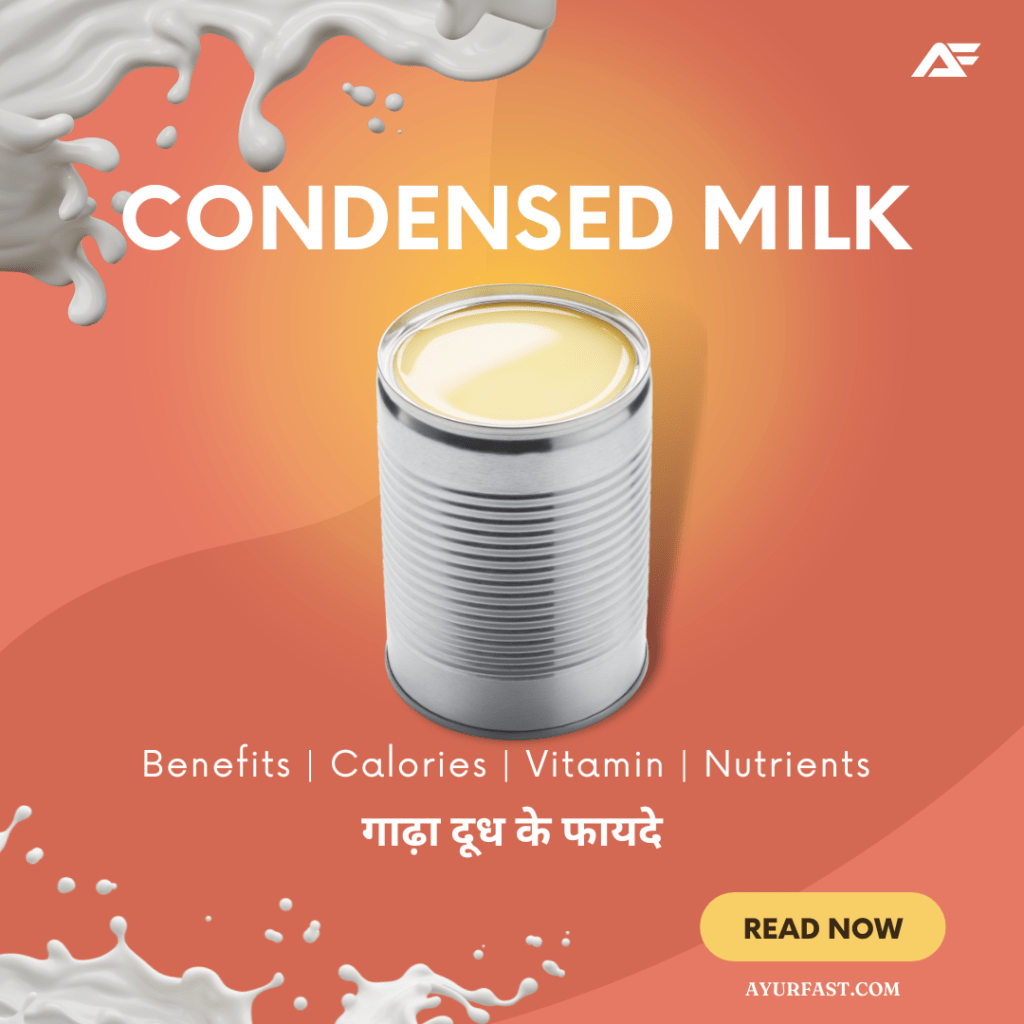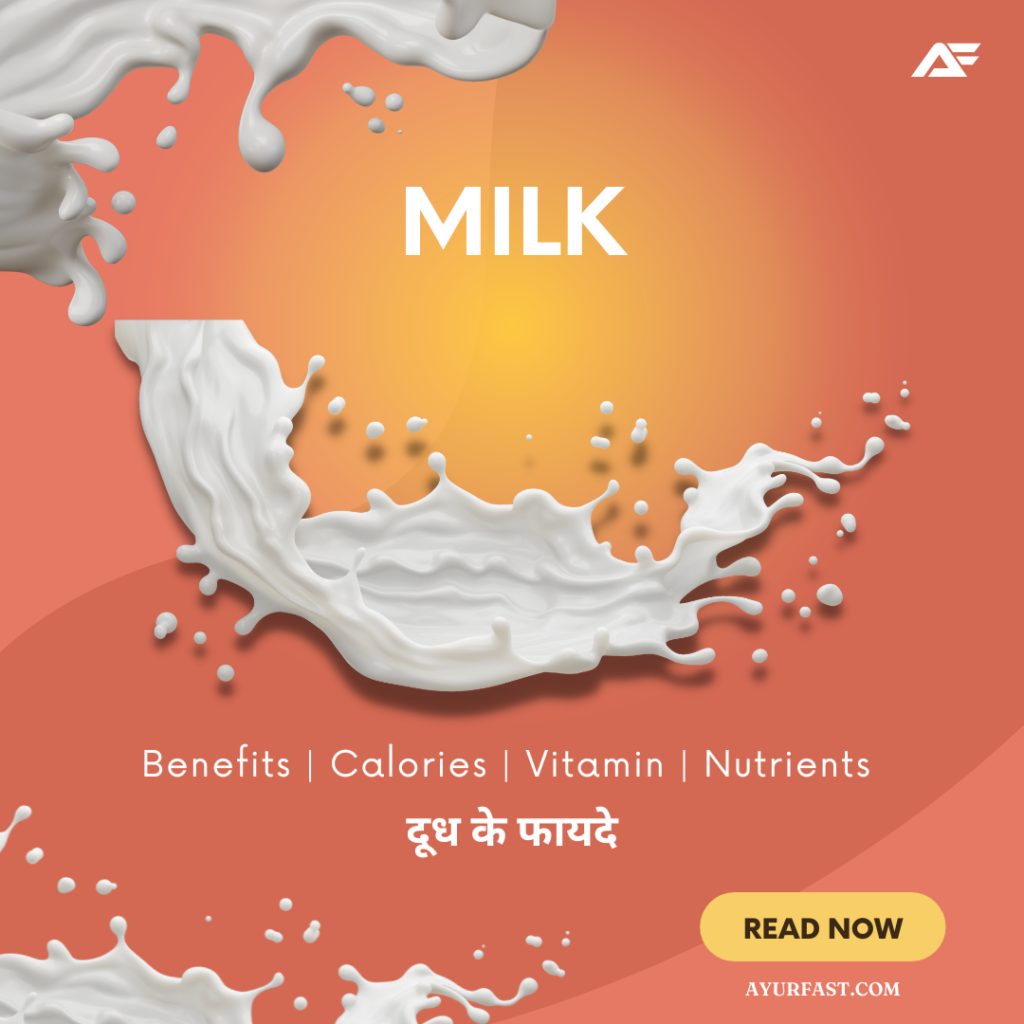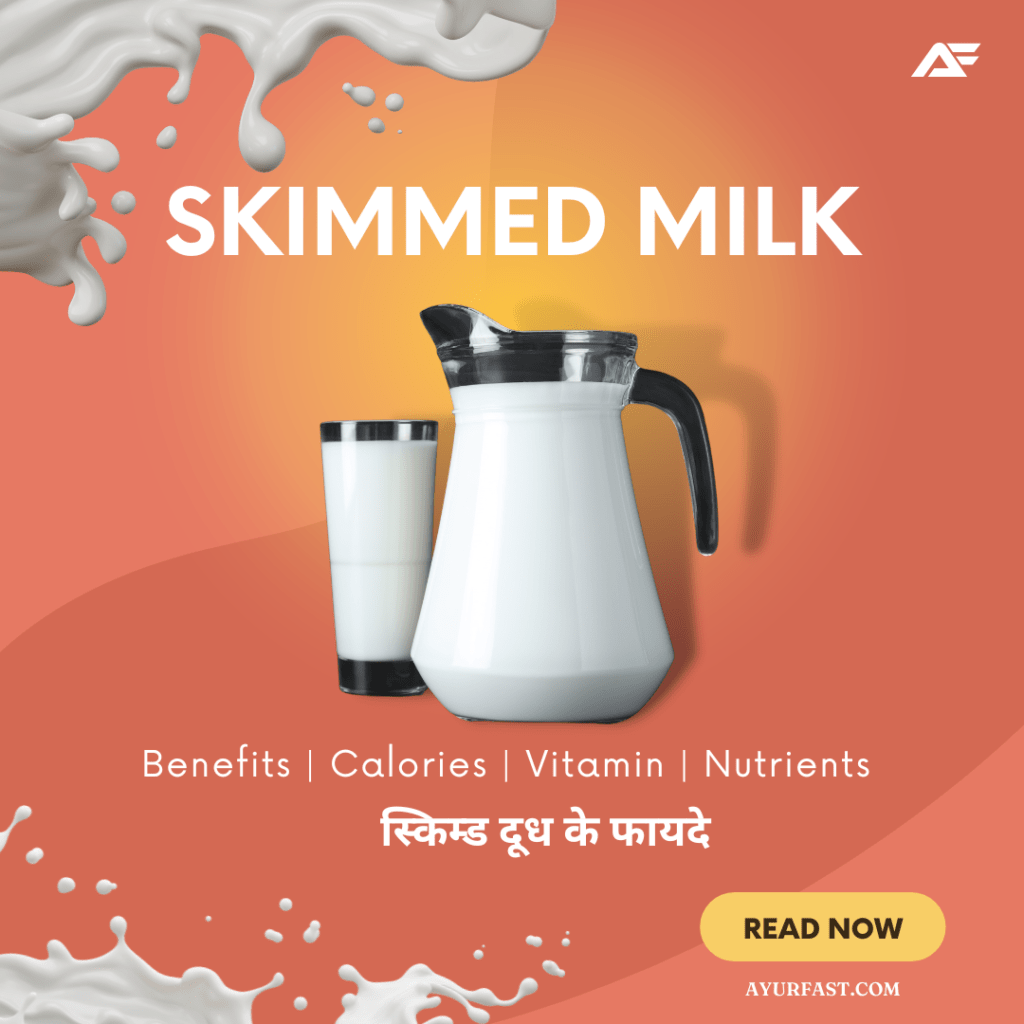About
Cottage cheese, also known as curd, is a type of soft, white cheese made from the curds of cow’s milk. It is a popular dairy product that is used in various dishes, including salads, sandwiches, and desserts.
Health benefits of Cottage Cheese/Curd:
- High in protein: Cottage cheese is an excellent source of protein, which is essential for building and repairing tissues in the body.
- Low in fat: Cottage cheese is a low-fat dairy product that can be incorporated into a healthy diet.
- Rich in nutrients: Cottage cheese is a good source of calcium, vitamin B12, and other essential nutrients.
- May aid in weight loss: Cottage cheese is low in calories and high in protein, which can help with weight loss.
- May improve digestion: Cottage cheese contains probiotics that can help improve gut health and aid in digestion.
Health Losses:
-
High in sodium: Some types of cottage cheese can be high in sodium, which can increase blood pressure and increase the risk of heart disease.
-
High in saturated fat: Some types of cottage cheese can be high in saturated fat, which can increase cholesterol levels and increase the risk of heart disease.
Preparation Method:
- Milk is heated to a high temperature, causing it to curdle and form curds.
- The curds are separated from the whey and then rinsed with water to remove excess whey and lactic acid.
- The curds are then drained and pressed to remove any remaining whey and shape the cheese.
Treatments it can be used in:
- Eaten on its own as a snack or side dish.
- Used as a topping for salads, baked potatoes, or toast.
- Used as an ingredient in dips, sauces, or spreads.
- Used in baking, such as in pancakes or muffins.
Harms of Overdose:
- Consuming too much cottage cheese can lead to weight gain, as it is high in calories and fat.
- Eating too much cottage cheese can also lead to digestive issues such as bloating, gas, and diarrhea.
Maximum consumption per day:
- Child: 100-150 grams per day
- Adult Man: 200-250 grams per day
- Adult Woman: 150-200 grams per day
Macro Nutrient Content per 50g serving of Cottage cheese/curd
| Nutrient | Amount |
|---|---|
| Energy | 46 kcal |
| Carbohydrates | 0.5 g |
| Fats | 2.2 g |
| Protein | 5.5 g |
| Fiber | 0 g |
| Water Content | 41.5 g |
Vitamins Content per 50g serving of Cottage cheese/curd
| Nutrient | Amount |
|---|---|
| Vitamin A | 69.5 IU |
| Vitamin B1 | 0.02 mg |
| Vitamin B2 | 0.11 mg |
| Vitamin B3 | 0.09 mg |
| Vitamin B6 | 0.01 mg |
| Vitamin B12 | 0.31 mcg |
| Vitamin C | 0 mg |
| Vitamin D | 0.4 IU |
| Vitamin E | 0.07 mg |
| Vitamin K | 0.06 mcg |
| Folate | 3.5 mcg |
| Biotin | 1.3 mcg |
Minerals Content per 50g serving of Cottage cheese/curd
| Nutrient | Amount |
|---|---|
| Calcium | 39.5 mg |
| Iron | 0.05 mg |
| Iodine | 2.5 mcg |
| Zinc | 0.39 mg |
| Magnesium | 5 mg |
| Phosphorus | 59 mg |
| Potassium | 32 mg |
| Sodium | 125 mg |
| Chloride | 98 mg |
| Copper | 0.01 mg |
| Chromium | 0 mcg |
| Fluoride | 0 mcg |
| Molybdenum | N/A |
| Manganese | N/A |
| Selenium | N/A |
What is cottage cheese?
Cottage cheese is a type of fresh cheese that is made from the curds of cow's milk.
Is cottage cheese healthy?
Yes, cottage cheese is a healthy food that is low in fat and calories, and high in protein and calcium.
What are the benefits of eating cottage cheese?
Cottage cheese can help promote weight loss, support muscle growth, and improve bone health.
Is cottage cheese a good source of protein?
Yes, cottage cheese is a great source of protein, with one cup containing about 25 grams of protein.
How many calories are in cottage cheese?
One cup of cottage cheese contains around 200 calories.
Can cottage cheese be used in cooking and baking?
Yes, cottage cheese is a versatile ingredient that can be used in a variety of dishes, including savory and sweet recipes.
What are some vegetarian recipes that use cottage cheese?
Cottage cheese can be used in vegetarian lasagna, stuffed shells, and quiches, among other dishes.
What are some low-carb recipes that use cottage cheese?
Cottage cheese can be used in low-carb pancakes, egg muffins, and frittatas, among other dishes.
What is the difference between cottage cheese and ricotta cheese?
Cottage cheese is made from curds of cow's milk, while ricotta cheese is made from the whey of cow's milk.
How should cottage cheese be stored?
Cottage cheese should be stored in the refrigerator in an airtight container.
Can cottage cheese be frozen?
Yes, cottage cheese can be frozen, but it may change in texture when thawed.
How can cottage cheese be used in desserts?
Cottage cheese can be used in cheesecake, smoothies, and fruit parfaits, among other desserts.
What are some healthy cottage cheese snack ideas?
Cottage cheese can be paired with fruit, vegetables, or whole-grain crackers for a healthy snack.
How can cottage cheese be incorporated into meal prep?
Cottage cheese can be used in meal prep for breakfast dishes like egg muffins or overnight oats, or in lunch and dinner dishes like casseroles or salads.
How can cottage cheese be used as a healthy alternative to sour cream?
Cottage cheese can be blended with herbs and spices to make a healthy alternative to sour cream in dips and sauces.
What are some cottage cheese-based sauces?
Cottage cheese can be used to make creamy pasta sauces, or as a base for salad dressings.
How can cottage cheese be used as a spread?
Cottage cheese can be used as a spread on toast or bagels, or in wraps and sandwiches.
Can cottage cheese be used as a replacement for cream cheese?
Yes, cottage cheese can be blended with a bit of milk or cream to make a cream cheese substitute.
What are some savory cottage cheese dishes?
Cottage cheese can be used in savory dishes like lasagna, stuffed shells, and quiches.









